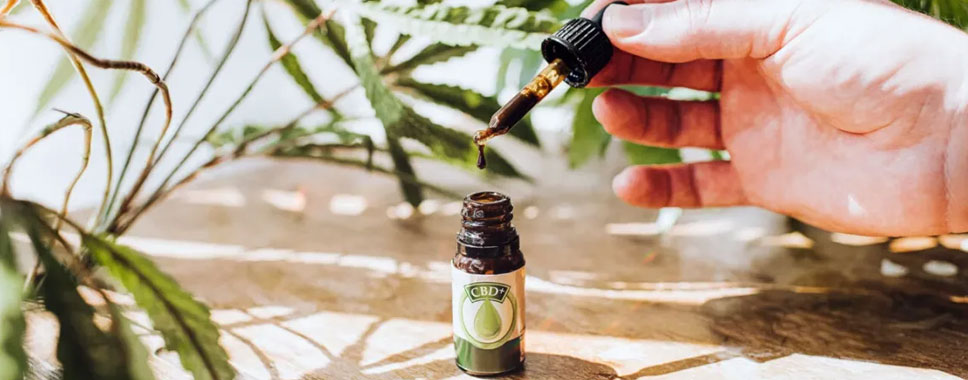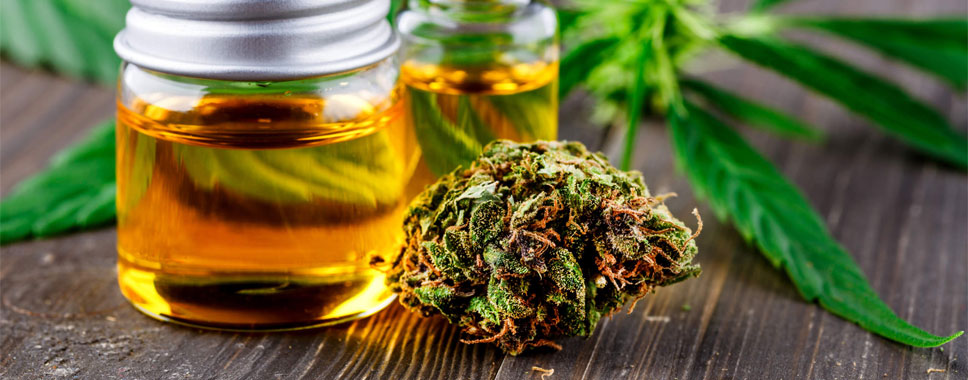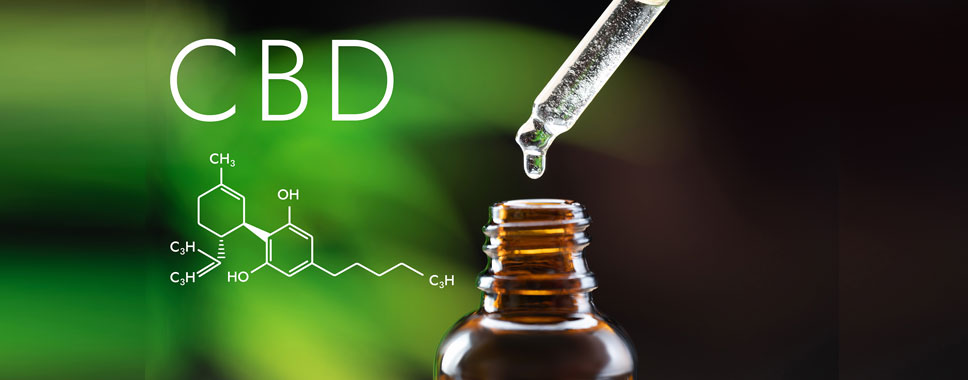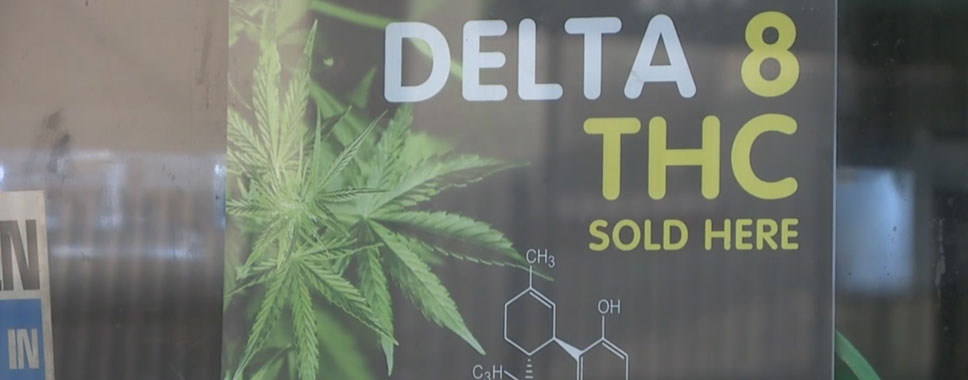Cannabis conversations are evolving, and if you’ve been exploring this world, you’ve probably come across two similar-sounding compounds: THC and THCA. At first glance, they look like they might be the same thing—but in the cannabis world, a single letter makes a big difference.
So, what is the difference between THC and THCA? And why should you care? Whether you’re new to cannabis or just trying to make more informed choices, this article breaks it down in a simple, no-fluff way.
🌿 What Is THCA?
THCA (tetrahydrocannabinolic acid) is a non-psychoactive compound found in raw, unheated cannabis. It’s essentially the precursor to THC. Think of it like the “baby version” of THC that hasn’t matured yet.
You’ll find high amounts of THCA in fresh cannabis flower, especially before it’s been dried, cured, or heated. It’s often abundant in juiced raw cannabis or products labeled as “non-psychoactive.”
So, to be clear: THCA won’t get you high.
🔥 How THCA Becomes THC
THCA turns into THC through a process called decarboxylation. That’s a fancy way of saying “apply heat.”
When you:
-
Smoke
-
Vape
-
Bake cannabis into edibles
…the heat causes THCA to lose a carboxyl group, converting it into THC (tetrahydrocannabinol)—the compound responsible for the classic cannabis “high.”
So, the more heat you apply, the more THCA becomes active THC.
🧠 What Is THC?
THC is the psychoactive star of the cannabis show. It’s what causes:
-
Euphoria
-
Altered perception
-
Relaxation
-
Increased appetite
-
And in some cases, anxiety or paranoia
Once THCA turns into THC, it interacts with the brain’s endocannabinoid system, particularly the CB1 receptors, which are involved in mood, memory, and pain.
🔬 Key Differences Between THCA and THC
| Feature | THCA | THC |
|---|---|---|
| Psychoactive? | No | Yes |
| Found In | Raw cannabis | Heated/processed cannabis |
| Used For | Anti-inflammatory, neuroprotective | Pain relief, appetite, psychoactivity |
| Legal Status (U.S.) | More widely accepted | Federally illegal, legal in some states |
| Conversion Method | Must be heated to become THC | Already active |
🧪 Potential Health Benefits of THCA
While THCA doesn’t get you high, research suggests it may still offer some wellness benefits:
-
Anti-inflammatory – May help with arthritis and autoimmune conditions
-
Neuroprotective – May support brain health and help prevent neurodegenerative diseases
-
Antiemetic – Could reduce nausea
-
Antiproliferative – Early studies suggest it might slow the spread of certain cells (like cancer), though more research is needed
Some health-conscious users juice raw cannabis or take THCA-specific tinctures to get these benefits without feeling stoned.
🚫 Will THCA Show Up on a Drug Test?
Most drug tests look for THC metabolites, not THCA. However, if you consume raw cannabis and your body converts even trace amounts into THC—or if the product contains both THCA and THC—you could test positive.
To be safe, always check the lab reports (COAs) of the products you’re using, especially if drug testing is a concern.
💡 Why Should You Care?
Knowing the difference between THCA and THC helps you make more informed decisions about your cannabis use—whether you want the high, want to avoid it, or are exploring cannabis for wellness.
-
Want relief without getting high? Try THCA.
-
Want to experience the full psychoactive effect? Heat it up to unlock the THC.
✅ Final Thoughts
THCA and THC might look like near-identical twins on a chemistry chart, but in your body, they act very differently. Whether you’re juicing fresh leaves for wellness or lighting up for relaxation, understanding what you’re consuming can help you personalize your cannabis experience.
So next time you’re reading a cannabis label, you’ll know exactly what THCA means—and what to expect from it.
 hempcentral
hempcentral 



Comments